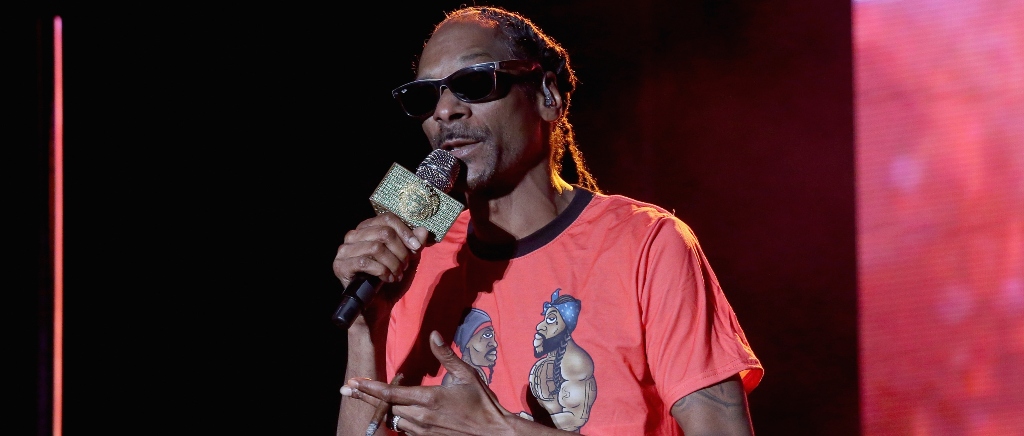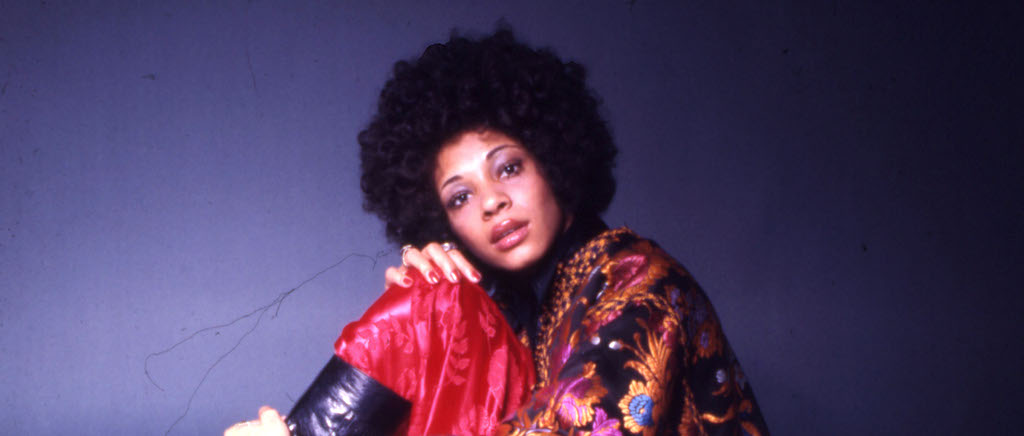
West Coast gangsta rap godfather Snoop Dogg vowed to purchase his onetime label Death Row Records last year and now, he’s done just that, according to Variety. Snoop acquired the label’s brand from MNRK Music Group and the private equity fund that owned it managed by Blackstone investment firm. While the terms of the deal were not disclosed, a source said Snoop will also begin acquiring the rights to some of the label’s music — including his own — in the near future.
In a statement, Snoop said, “I am thrilled and appreciative of the opportunity to acquire the iconic and culturally significant Death Row Records brand, which has immense untapped future value. It feels good to have ownership of the label I was part of at the beginning of my career and as one of the founding members. This is an extremely meaningful moment for me. I would like to personally thank the teams at Blackstone, MNRK, and especially David Kestenbaum, who worked collaboratively with me over several months to make this exciting homecoming a reality. I’m looking forward to building the next chapter of Death Row Records.”
Death Row Records was Snoop Dogg’s first label home when he debuted in 1992 on Dr. Dre’s debut solo single, “Deep Cover” and where he released his first two albums Doggystyle and Tha Doggfather, as he proudly proclaimed on “Nuthin’ But A G Thang” with Dr. Dre in 1992. “Death Row is the label that pays me,” he rapped, pledging his allegiance to the label founded by Suge Knight which also put out Dr. Dre’s The Chronic and Tupac Shakur’s catalog. Unfortunately, tensions within the label led Snoop to part ways with Knight in 1998, aligning with Master P’s No Limit Records, then Priority in 2002, and Geffen in 2004. More recently, Snoop has released his music via his independent label Doggystyle in joint ventures with eOne, Empire, and Create.
In 2021, he took an executive creative consultant gig at Def Jam, A&Ring the compilation album Snoop Dogg Presents Algorithm. Now, the original label that paid him will pay him once again, albeit in a new capacity as owner of the brand — and possibly its lucrative publishing catalog.


 (@lacycharelson)
(@lacycharelson)  (@YippleDoo)
(@YippleDoo) 






